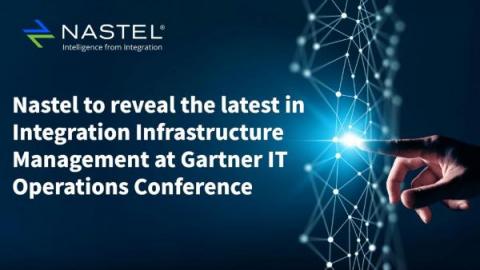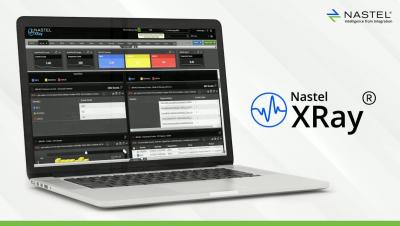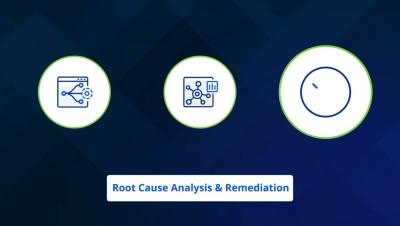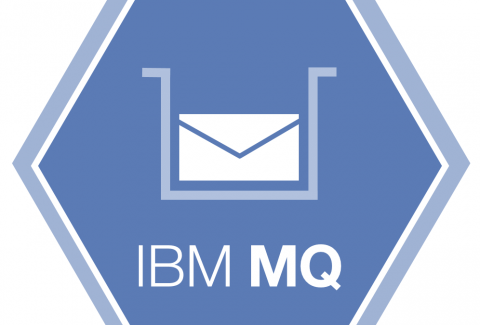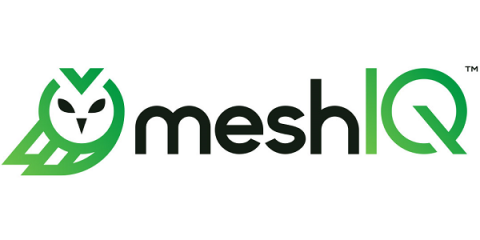Operations | Monitoring | ITSM | DevOps | Cloud
meshIQ
Nastel XRay Release 1.5
Integration Infrastructure Management - Brief Introduction to the Nastel Platform
Are Prometheus & Grafana Sufficient To Support Modern IT?
When discussing Prometheus and Grafana, our VP of Service Delivery said to me, "We can say whatever you want on our website or on a blog post but what REALLY makes a difference in terms of $$$ is DOING it in the field. Applying this in the field with real customers is where everything gets real. My customer was going full tilt to build a project for testing Prometheus, Grafana, ELK and Splunk for leveraging data intelligence until we stopped them. We told them unabashedly: 'Gents, we're sorry but that's just a messy strategy. You should be using XRay for that.' Sometimes you just have to go balls out with a customer ... well, they listened, and we delivered."
IBM MQ Prevents Message Duplication or Loss
A digital platform may have billions of messages flowing through it each day, with real-time updates considered the standard by customers and enterprises. Ensuring that messages aren’t duplicated or lost in the process is an arduous task, and one that is the focus of IBM MQ, an enterprise-grade messaging solution that has been on the market for over 25 years.
The Benefits of Data Observability to SMBs and How to Unlock Them
Data observability is a relatively new discipline in the fields of data engineering and data management. While many are familiar with the longstanding concepts of observability and monitoring in enterprise IT networks and infrastructure, data observability has only really come into the spotlight in the last two years. However, it has managed to turn a lot of heads in that short time.
Modern AIOps doesn't just fix outages - it prevents them
Modern AIOps doesn’t just fix outages — it prevents them – Is your business one accidental click away from a major outage? We saw it happen with Atlassian earlier this year. You may already have an incident management strategy and monitoring, but is it adjusted for the ever-changing IT infrastructure and application architectures? Putting appropriate protocols in place ensures that one human code push can’t shut down an entire system for three weeks.
What is hybrid cloud?
Hybrid cloud has become a popular computing model in recent times. Find out all you need to know, including its features, pros and cons As computing needs evolve, enterprises continuously find it difficult to scale their business offerings on private or on-premises computing environments. That’s why there are third-party or public cloud providers to enable businesses to carry out larger computational workloads.
IBM MQ vs Apache Kafka: How Do They Differ?
Asynchronous communication between various CX applications has long been made possible by enterprise messaging solutions like IBM MQ and – more recently – Apache Kafka. Developers might assume that these two technologies are interchangeable. However, once they scrape the surface, critical differences between IBM MQ and Apache Kafka come to light.
Kafka vs RabbitMQ - A Head-to-Head Comparison for 2022
Kafka vs RabbitMQ – A side-by-side comparison of the performance and architectural differences between the two popular open-source messaging systems. As a big data architect or a big data developer, when working with Microservices-based systems, you might often end up in a dilemma whether to use Apache Kafka or RabbitMQ for messaging. Rabbit MQ vs. Kafka – Which one is a better message broker?


